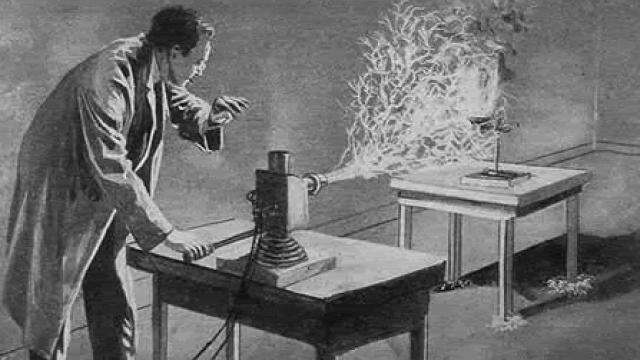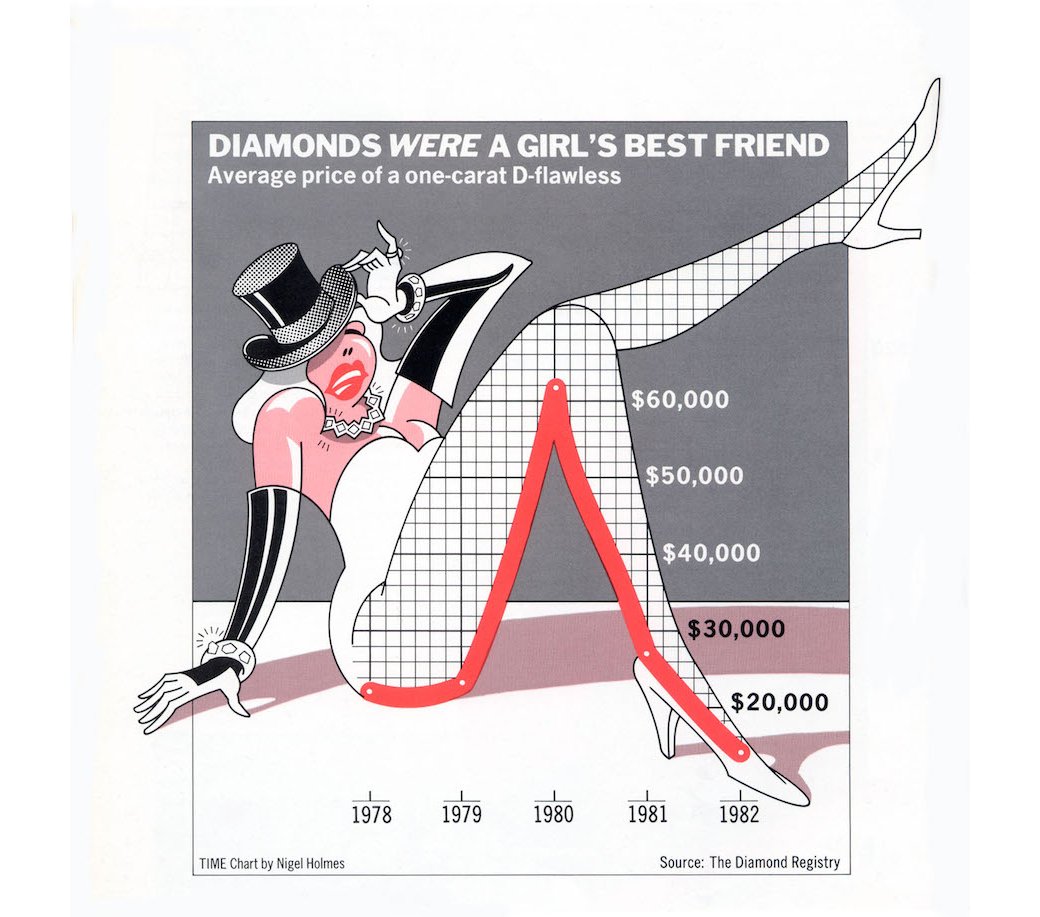
Storytime!
In 1935, officials in the British Air Ministry were worried about falling behind Nazi Germany in the technological arms race...
1/
In 1935, officials in the British Air Ministry were worried about falling behind Nazi Germany in the technological arms race...
1/
They decided to explore the possibility of a DEATH RAY.
They had been offering a £1,000 prize for anyone who could zap a sheep at a hundred paces. So far, nobody had claimed it.
2/
They had been offering a £1,000 prize for anyone who could zap a sheep at a hundred paces. So far, nobody had claimed it.
2/

Unofficially, they sounded out Robert Watson Watt, of the Radio Research Station.
And he posed an abstract maths question to his colleague Skip Wilkins.
3/
And he posed an abstract maths question to his colleague Skip Wilkins.
3/
"Suppose, just suppose," said Watson Watt to Wilkins, "that you had eight pints of water, 3000ft above the ground. And suppose that water was at 98F, and you wanted to heat it to 105F. How much radio frequency power would you require, from a distance of 3 miles?"
4/
4/
Skip Wilkins was no fool.
He knew that eight pints was the amount of blood in an adult human, 98F was normal body temperature and 105F was warm enough to kill you, or at least make you pass out, which - behind the controls of an aeroplane - amounts to much the same thing.
5/
He knew that eight pints was the amount of blood in an adult human, 98F was normal body temperature and 105F was warm enough to kill you, or at least make you pass out, which - behind the controls of an aeroplane - amounts to much the same thing.
5/
Wilkins and Watson Watt understood each other, and they quickly agreed the death ray was hopeless: it would take too much power.
Clearly, the ministry had some cash to spend on research. Perhaps Watson Watt and Wilkins could propose some alternative way for them to spend it?
6/
Clearly, the ministry had some cash to spend on research. Perhaps Watson Watt and Wilkins could propose some alternative way for them to spend it?
6/
Wilkins pondered. It might be possible, he suggested, to transmit radio waves and detect - from the echoes - the location of oncoming aircraft long before they could be seen.
7/
7/
Watson Watt dashed off a memo to the Air Ministry's newly formed Committee for the Scientific Survey of Air Defence. Would they be interested in pursuing such an idea? They would indeed.
What Skip Wilkins was describing became known as radar.
8/
What Skip Wilkins was describing became known as radar.
8/

More about THAT story here: bbc.co.uk/news/business-…
9/
9/
But I've been thinking about radar recently - because the way I see it, our information systems are much like radar. From the Luftwaffe to Sars-Cov-2, when a threat approaches, it helps to be able to see exactly where it is.
10/
10/
It's not just covid testing, vital though that is. From data on hospitalisations, to knowledge about food bank use to identifying which economic sectors have been hardest hit, we need good data to understand what is coming at us - and how to respond quickly.
11/
11/
I'm not the only one who thinks this. The excellent folk at @FullFact recently published an excellent report, "Fighting a Pandemic Needs Good Information"
fullfact.org/media/uploads/…
12/
fullfact.org/media/uploads/…
12/
Over in the US, the @COVID19Tracking have been labouring mightily to patch up the failures in official statistical sources. @alexismadrigal told me that at first, nobody even know how many hospitals there were in the US.
13/
13/
Much has been done to improve things. But many of the gaps that existed were predictable (and predicted) and more gaps remain.
14/
14/
@FullFact argues that statisticians should be doing regular horizon scanning — teaming up with experts from all fields to ask: what gaps exist now? What data should we be gathering with the future in mind? Good idea.
15/
15/
Robust information systems are not free. They require time, attention and money — but they can pay for themselves over and over again in better decisions taken, and better democratic accountability after the fact.
16/
16/
When the British showed the Americans their cutting-edge radar equipment in 1940, the US response was to pour resources into developing every possible application. Ten Nobel laureates emerged from the project — as did the radar technologies that did so much to win the war.
17/
17/
It isn’t cheap to build the systems that show you what’s coming at you.
But failing to build them? That’s far more expensive.
18/
ft.com/content/6e046f…
But failing to build them? That’s far more expensive.
18/
ft.com/content/6e046f…
PS If you are persuaded that statistics aren't just a weapon in a political argument, but a vital tool like radar, you might enjoy my book 'The Data Detective' / 'How To Make The World Add Up
timharford.com/books/datadete…
timharford.com/books/datadete…
• • •
Missing some Tweet in this thread? You can try to
force a refresh




